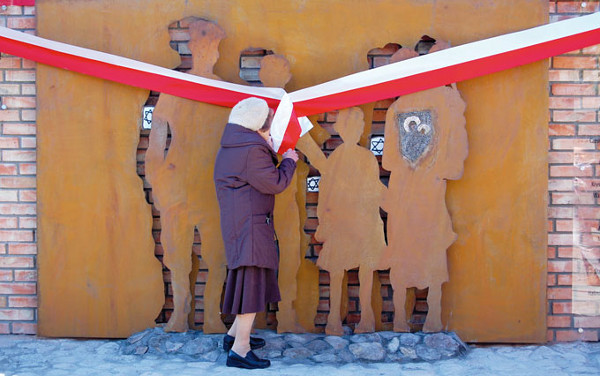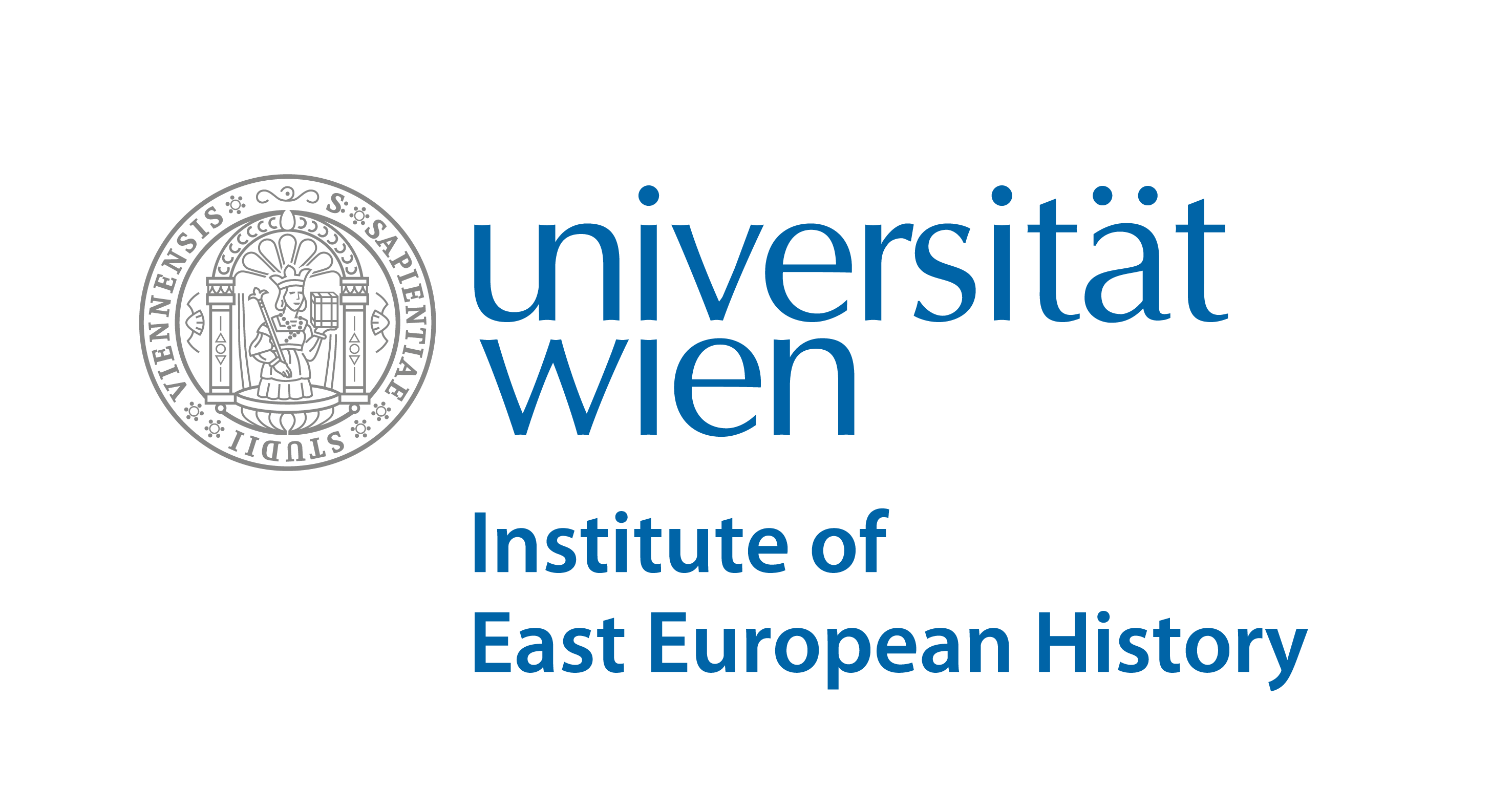VWI invites/goes to...
Cycle of VWI Fellows’ Colloquia
The VWI fellows present their intermediary research results in the context of colloquia which are announced to a small audience and are open to a public audience with an academic and topical interest. The lectures are complemented by a response or commentary by an expert in the given field and are discussed with the other fellows.
Due to the previous lack of an appropriate space, the colloquia were held at other Viennese research and cultural institutions with a topical or regional connection to the given subject. From this circumstance was born the “VWI goes to …” format.
With the move to a new institute building at Rabensteig 3, the spatial circumstances have changed, so that the VWI is now happily able to invite other research and cultural institutions. Therefore, the VWI is now conducting its colloquia both externally and within its own building, in the framework of continued co-operation with other institutions.
The new cycle of fellows’ colloquia “VWI invites/goes to …” is not only able to reach a broader circle of interested persons, but moreover integrates the VWI further into the Viennese scholarly establishment, perhaps even crossing borders into the greater regional research landscape.
| VWI invites/goes to... | |||
| Alicja Podbielska: The Memory of Rescue in Poland | |||
Wednesday, 25. April 2018, 17:00 - 19:00 Institut für Osteuropäische Geschichte, Dissertantenraum (2.OG), Unicampus, Spitalgasse 2/Hof 3, 1090 Wien
|
|||
VWI goes to the Institute of East European History of the University of Vienna
The Ulma Family Museum of Poles Saving Jews during the Second World War, opened in 2016, and the meeting between the Pope and rescuers in Birkenau sealed the latter’s newly esteemed status in Polish national memory. It also put them in the very centre of Holocaust remembrance. This mode of memory focuses on Poles as major actors and victims, while Jews serve merely as props in the story of Christian sacrifice. Recent (June 2017) plans to establish a museum of the Righteous adjacent to the Auschwitz complex raise even more pressing questions about encroaching on the memory of the victims and whitewashing of the past. Can the memory of rescue – if used to suppress discussion of the local population role in the destruction of Jewish communities – constitute a form of Holocaust denial? Scrutinizing Polish public discourse, I examine how the focus on rescue became the preferred, indeed, the only acceptable, mode of Holocaust memory. Commented by Piotr Filipkowski Alicja Podbielska is currently Junior Fellow at VWI. She is a PhD Candidate at the Strassler Center for Holocaust and Genocide Studies at Clark University. Prior to her doctoral studies, she worked at the Anne Frank House in Amsterdam. Podbielska received fellowships from European Holocaust Research Infrastructure, Yad Vashem, and United States Holocaust Memorial Museum in Washington, D.C. Piotr Filipkowski, sociologist, oral historian, researcher at the Institute of Philosophy and Sociology of the Polish Academy of Sciences, currently postdoc at the Institute for East European History at University of Vienna. In 2002–2011, he worked at the Karta Centre, where he was engaged in numerous Polish and international oral history documentation and research projects, among them Mauthausen Survivors and the International Slave- and Forced Labourers Documenta-tion Projects. He is the co-founder and collaborator of the Oral History Archive at the History Meeting House in Warsaw. His general research interests concentrate on the relationships between historical experience and autobiographical narrative. Currently engaged in creating Qualitative Data Archive at his home institute and publishing mostly on qualitative research theory and methodology. Click here to download the invitiation as a PDF file. In cooperation with: |
|||







 When, how, and why did Polish Holocaust rescuers become officially designated national heroes? Concomitant with the early 2000s debate on the Jedwabne pogrom, a surge of interest in rescue emerged as a defensive reaction to revelations about Polish complicity in the Holocaust. With the onslaught of right-wing populism, this reaction turned into a backlash, sometimes amounting to historical negationism. In the current government’s politics of memory, the rescuers represent the entire nation’s heroism and innocence. In Polish discussions on rescue, individual morality is not at stake, but the country’s honour and self-image. The narrative about universal and altruistic help fosters the national pride and reinforces the community boundaries. Opponents of this self-congratulatory position see rescuers as an ostracized minority, whose extraordinary behaviour illuminates the moral failure of their compatriots. They advocate an honest confrontation with shameful history of betrayal and murder. Both these approaches, however, following the logic of national reckoning, side-track the key aspect of the Righteous legacy: an universal message of solidarity with all “others”.
When, how, and why did Polish Holocaust rescuers become officially designated national heroes? Concomitant with the early 2000s debate on the Jedwabne pogrom, a surge of interest in rescue emerged as a defensive reaction to revelations about Polish complicity in the Holocaust. With the onslaught of right-wing populism, this reaction turned into a backlash, sometimes amounting to historical negationism. In the current government’s politics of memory, the rescuers represent the entire nation’s heroism and innocence. In Polish discussions on rescue, individual morality is not at stake, but the country’s honour and self-image. The narrative about universal and altruistic help fosters the national pride and reinforces the community boundaries. Opponents of this self-congratulatory position see rescuers as an ostracized minority, whose extraordinary behaviour illuminates the moral failure of their compatriots. They advocate an honest confrontation with shameful history of betrayal and murder. Both these approaches, however, following the logic of national reckoning, side-track the key aspect of the Righteous legacy: an universal message of solidarity with all “others”.
